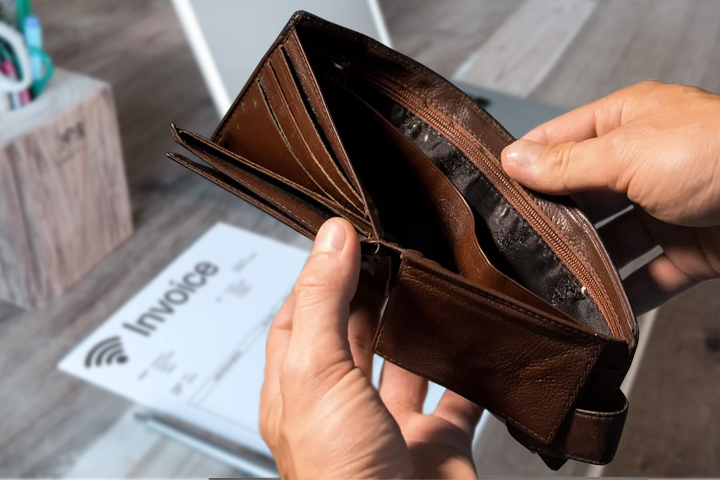Low-income broadband: should telcos be obliged to provide?

Internet connectivity is increasingly being considered a utility, alongside gas, electricity, and water – but as a recent New York lawsuit has highlighted, telcos aren’t so excited by this news. To what extent should they be required to provide access to those on low incomes?
COVID-19 has redefined broadband as a vital utility, not a luxury. Yet it’s the CSPs themselves who are slow to realise this – in some cases, even blocking efforts to codify connectivity in law.
Earlier this month, a New York judge put on hold legislation requiring the state’s ISPs to provide a $15-a-month service to low-income residents, mere days before it was due to come into effect.
This change in heart was the result of a lawsuit, backed by the New York State Telecommunications Association, representing the likes of Verizon and AT&T, supported by USTelecom and the CTIA.
The law, signed back in April by Governor Andrew Cuomo, grants discounted connectivity for those receiving assistance program benefits, Medicaid, rent exemptions or an affordability benefit for utilities.
An estimated 7 million people across the state were eligible for the discounted service. Currently faced with an average cost of $50/month, the law is due to cap basic broadband at $15/month, and high-speed broadband at $20/month. Any providers found to be in breach would face fines of up to $1,000 per violation. Penalties aside, the ISPs argued that the law meant they could be forced to provide services “at a loss.”
The outcome of the suit is, as yet, unclear, with the injunction providing a temporary block on the law to allow more time for the judge to come to a final decision.
Many in the telecoms industry already see the lawsuit as a victory, keeping policymakers away from the business of price-setting, warning that it could undercut network upgrades and lower revenues. Now the ISPs want Congress to set nationwide rules, rather than having individual states decide their own policies, fearing that New York may only be the first of many states to cap broadband prices.
Cuomo has accused telcos of “putting profit ahead of creating a more fair and just society.” He previously dedicated an emergency fund to provide free Internet access to 50,000 NY state students through the next academic year.
Furthermore, Joe Biden has signalled that he may want control over how much ISPs charge for services, gearing up for a confrontation with the telecoms industry in a wider, $100 billion war for affordable broadband.
Meanwhile, the Federal Communications Commission (FCC) already has a $3.2 billion Emergency Broadband Benefit program in place. Unlike the proposed New York law, this is means-tested, providing $50-a-month to those eligible, rising to $75-a-month for those on Native American reservations.
If telcos are reluctant to have government legislation eating into their revenues, they should take the initiative and offer an affordable, entry-level package to customers of more limited financial means – before they’re given no choice but to do so.
In the UK, BT has already done this, launching a “Home Essentials” broadband tariff in May 2021, available only to those on Universal Credit and other benefits. Meanwhile, the government’s Gigabit Take-up Advisory Group has recommended introducing a voucher scheme for low-income homes to upgrade their connections to gigabit broadband.
Access to a fast and reliable internet service is as essential to families as any other household utility, and telcos must ensure that they do everything in their power so that everyone, regardless of means, can be connected.

